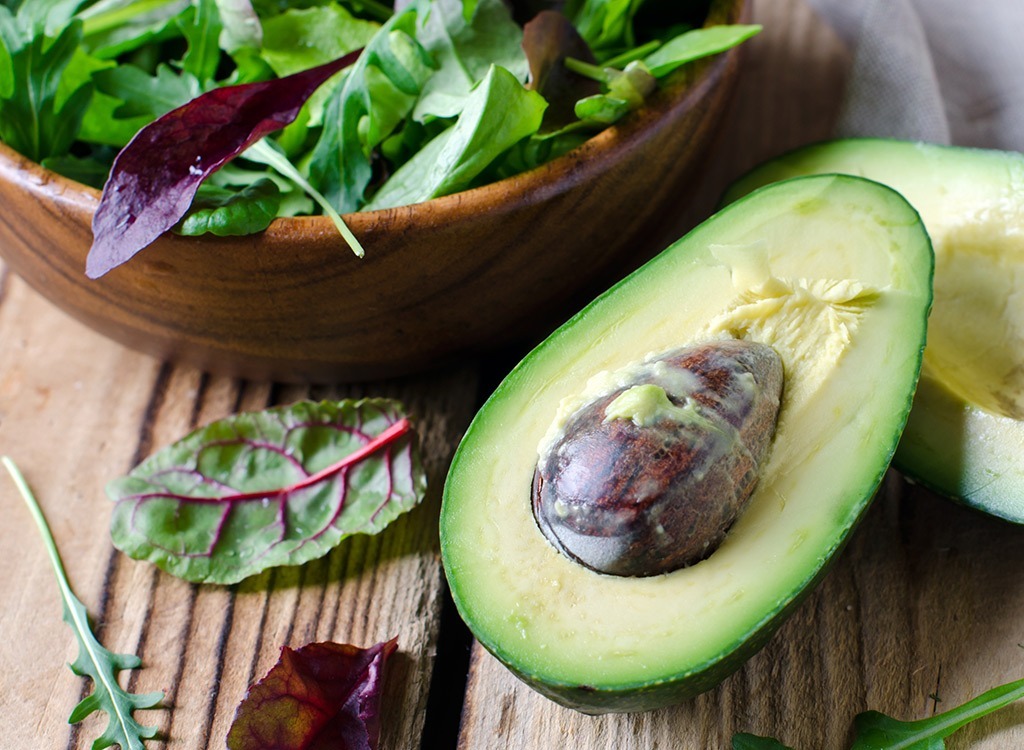The intermittent fast has little fasting. Learn to lose weight efficiently and correctly.
Intermittent fasting has a long history, but nobody invented this type of food, but it was a natural habit that worked.

This method of nutrition was used in antiquity for spiritual improvement: for the brain or willpower of monks or soldiers. Intermittent fasting has a long history, but nobody invented this type of food, but it was a natural habit that worked.
You should not eat food and beverages with a high caloric content during fasting. If the body gets more than 10-30 calories from food, it activates food hormones and the digestive cycle begins. Therefore, during the diet you can only drink water, tea and coffee without sugar or milk.
There are different types of fasting, for example, according to scheme 16/8, where rest between dinner and breakfast is at least 16 hours. There is also a fast of 24 or 36 hours. There is no data on the relationship between the duration of fasting and its benefits: fast-term fasting and food abstinence for more than 24 hours have a positive effect on the body. The main rule: fasting should not last more than 36 hours. Then the negative impact on tissues and organs begins.
In this article we will see the 3 most important points of this new nutrition method.
1. Is this method effective?
During a fast to such a short term, glycogen reserves are exhausted. In addition, the level of insulin (dietary hormone) falls to lower levels. In this way there is a change in the metabolism of carbohydrates to fats and the stimulation of cell growth factors is reduced: these physiological processes have a positive effect on the body.
The intermittent fast is promoted in social networks and in the media as one of the ways to lose weight. But this method of nutrition in general has a positive effect on the body, so it can be practiced not only to lose weight, but also to improve health.

It has been shown that intermittent fasting reduces cholesterol in the blood. There is evidence of a positive effect of fasting in cognitive abilities of the brain. This method uses people with memory problems, Alzheimer's disease and Parkinson's disease.
Nutrition helps reduce inflammatory processes in the human body, such as rheumatoid arthritis. Fasting allows to reduce the amount of visceral fat (which covers internal organs) and improves insulin sensitivity in case of violation of carbohydrate metabolism.

2. What are the contraindications?
Before starting it is important to consult a doctor who will determine if you have any contraindication and will explain it if this diet is adequate for your body.
There may be several factors when the intermittent fasting is prohibited. Normally they are eating disorders that are very common today. In particular, Ortorexia (obsession with healthy eating, which becomes pathology), Bulimia and Anorexia. Fasting is not suitable for people with mental disorders, such as schizophrenia or bipolar disorder.

Contraindication for intermittent fasting is weight loss when the body mass index is less than 18.5. Children, adolescents and pregnant women should not refrain from eating. The diet is not recommended for people with thyroid disease, obesity and those who are recovering from a serious illness. Fasting is also contraindicated in the case of leptin resistance. This is a condition associated with obesity.

3.Did youBy D.Onde.and howstart?
The first thing is to understand if there is any contraindication for this type of diet. It is advisable to calculate how many hours a person eats, the interval between breakfast and dinner. And gradually the time of the last meal is changed to 2-3 hours ago.
It is not necessary to start immediately with scheme 16/8. For example, 10/14 will also have a positive effect on the body. Later, when a person realizes that it feels good (without obsessions for food, a normal dream, no pain), can increase the number of hours without food.
It is not necessary to choose chaotically hours for food maintenance. It is best to have a good breakfast (or make an early dinner) and then fast. The food before fasting must be abundant and balanced. Alternatively, scrambled eggs with blue fish with avocado and lettuce. The next meal can be breakfast the next day.

If fasting is difficult to tolerate, it is recommended to drink more. If there are discomfort or pain, it is better to start eating. Then you can try again in a week or in a few days. It is also recommended to limit training and lie down earlier in fasting days.
You do not need to choose a special diet between hunger strikes, there are no specific recommendations. The food must be complete and balanced: proteins, fats, carbohydrates and fiber should be included in each meal. It is important to receive all the necessary calories per day.
Intermittent fasting can be practiced once, several times a month, and constantly eating according to this scheme. A person chooses how it suits you, taking into account the state of health and well-being. For example, you can dine early enough every day and you will also have a positive effect. The most important thing is to be fine.


